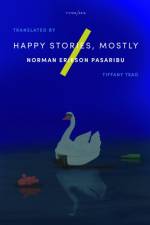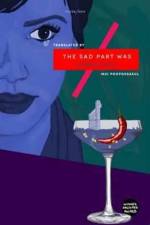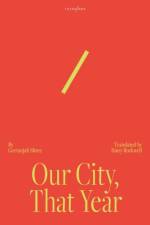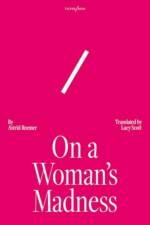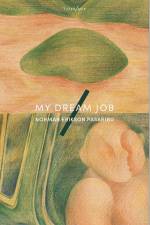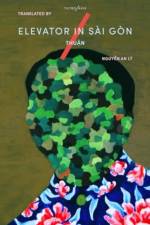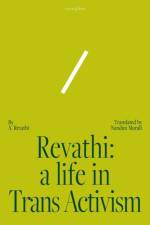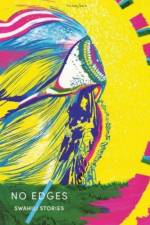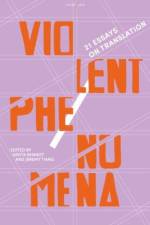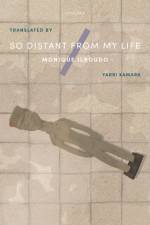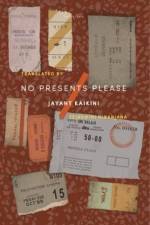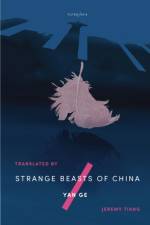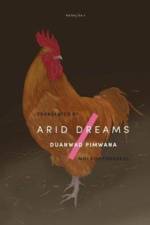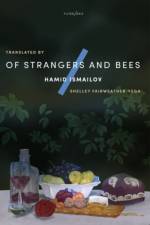av Thuan
171
"Thu?n's prose, at once expansive and claustrophobic, haunts without weighing the reader down. Across Hanoi, Saigon, Paris, Pyongyang, and Seoul, our narrator attempts to force a sense of clarity into her past, but colonialism blurs history and scripts the very fabric of existence, trapping our narrator in a seemingly endless search. Thrilling, tragic, and at times hilarious, Elevator in Sài Gòn is a postcolonial ghost story, a political satire, and a romance that will linger in the psyche long after the final descent of the elevator." -Sheung-King, author of You Are Eating an Orange. You Are Naked. and Batshit SevenA Vietnamese woman living in Paris travels back to Sài Gòn for her estranged mother's funeral. Her brother had recently built a new house and staged a grotesquely lavish ceremony for their mother to inaugurate what was rumoured to be the first elevator in a private home in the country. But shortly after the ceremony, in the middle of the night, their mother dies after mysteriously falling down the elevator shaft. Following the funeral, the daughter becomes increasingly fascinated with her family's history, and begins to investigate and track an enigmatic figure, Paul Polotski, who emerges from her mother's notebook. Like an amateur sleuth, she trails Polotski through the streets of Paris, sneaking behind him as he goes about his usual routines; meanwhile, she researches her mother's past-zigzagging across France and Asia-trying to find clues to the spiralling, deepening questions her mother left behind unanswered-and perhaps unanswerable.


